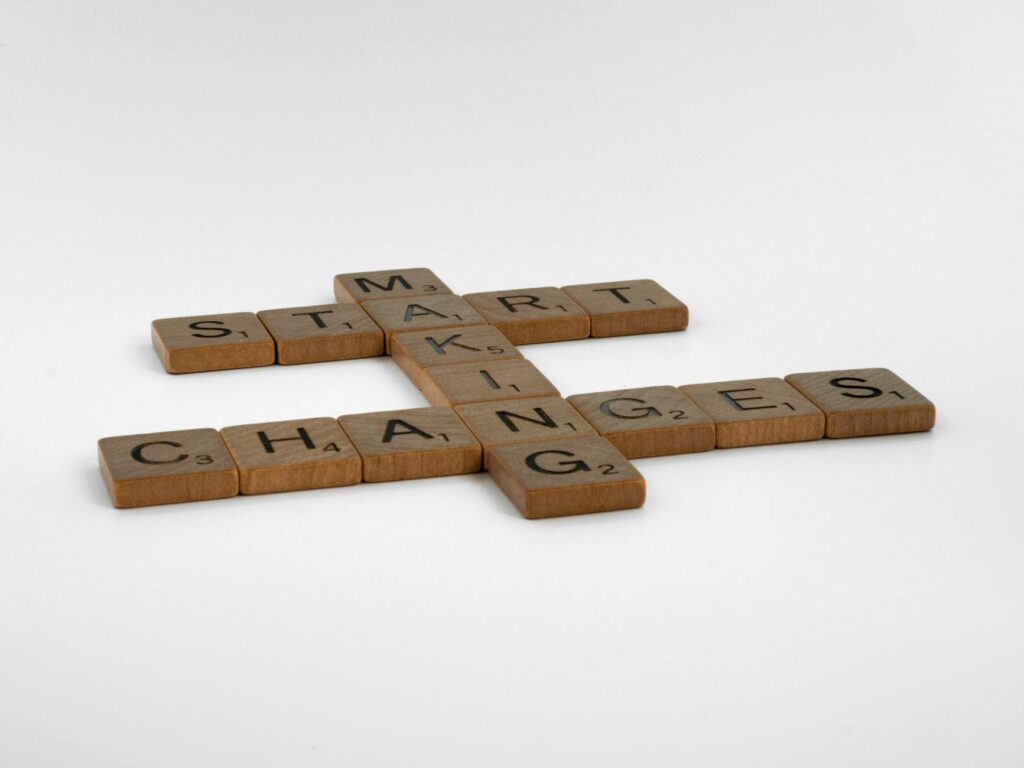What is challenge mindset?

What is challenge mindset?
In a world filled with obstacles and setbacks, cultivating a challenge mindset can significantly alter how we approach various situations. This mindset encourages us to embrace challenges as opportunities for growth rather than as insurmountable barriers. Understanding and implementing a challenge mindset can lead to improved personal growth, productivity, and resilience.
Defining Challenge Mindset
A challenge mindset refers to the belief that challenges can be opportunities for development and learning. Unlike a fixed mindset, which suggests that our abilities and intelligence are static traits, a challenge mindset promotes the idea that we can grow and improve through effort, experiences, and learning.
Think of it this way: if you encounter a difficult task, a fixed mindset might lead you to believe you’re just not good at it. Conversely, a challenge mindset will encourage you to tackle the task, learn from the experience, and develop your skills. This shift in perspective can be vital for personal and professional growth.
The Characteristics of a Challenge Mindset
Some key traits associated with a challenge mindset include:
- Embracing Learning: Individuals view challenges as opportunities to learn rather than threats.
- Adaptability: They are flexible and open to changing their approaches when faced with obstacles.
- Curiosity: A strong desire to explore new ideas and solutions, fostering innovation.
- Resilience: The ability to bounce back from setbacks, viewing them as part of the learning process.
- Proactive Approach: Taking initiative to seek out challenges, rather than avoiding them.
The Contrast with Fixed Mindset
It’s important to understand the contrast between a challenge mindset and a fixed mindset. While a challenge mindset encourages individuals to see effort as a path to mastery, a fixed mindset sees effort as fruitless. In this scenario, a person might avoid challenges altogether, fearing failure or embarrassment.
This distinction can have profound implications. Those with a challenge mindset are more likely to take risks, learn from failures, and ultimately achieve greater success. In contrast, individuals with a fixed mindset may stagnate, missing out on growth opportunities.
Benefits of Adopting a Challenge Mindset
Embracing a challenge mindset can lead to numerous advantages in various aspects of life. Here are some key benefits:
Enhanced Problem-Solving Skills
When faced with a problem, a challenge mindset encourages individuals to analyze the situation critically and explore multiple solutions. Instead of feeling overwhelmed, they approach problems with creativity and persistence. Studies show that this mindset can lead to improved problem-solving skills, helping individuals navigate complex situations effectively.
Increased Resilience and Adaptability
A challenge mindset fosters resilience—the ability to bounce back from setbacks. Instead of viewing failures as dead ends, those with this mindset see them as stepping stones toward success. When faced with adversity, they adapt and find new ways to tackle their goals. This adaptability is crucial in today’s fast-paced world, where change is constant.
Boosted Motivation and Productivity
When you embrace challenges, you’re also more likely to stay motivated and productive. A challenge mindset promotes intrinsic motivation, where you’re driven by a desire to learn and grow rather than external rewards. This motivation leads to higher levels of productivity, allowing individuals to achieve their goals more efficiently.
Strategies to Develop a Challenge Mindset
Cultivating a challenge mindset isn’t an overnight process; it requires intentional effort and practice. Here are some actionable tips to help you develop this mindset:
Embrace Learning Opportunities
Start viewing challenges as chances to learn. When you encounter a difficult situation, ask yourself, “What can I learn from this?” By shifting your focus from fear of failure to the prospect of growth, you’ll foster a more positive attitude toward challenges.
Set Realistic Goals and Expectations
Setting achievable goals can help you experience small successes, which build confidence. Break larger tasks into smaller, manageable steps. Celebrate your progress, and use each milestone as motivation to tackle the next challenge.
Practice Self-Reflection and Growth
Take time to reflect on your experiences. What worked well? What didn’t? Reflecting on your actions and their outcomes can provide valuable insights. Journaling is a great way to document your journey and recognize how far you’ve come.
Conclusion
A challenge mindset is a powerful tool for personal and professional growth. By redefining how we view challenges, we can unlock our potential and achieve greater success. Embracing this mindset leads to enhanced problem-solving skills, increased resilience, and boosted motivation.
As you embark on your journey of self-improvement, remember that challenges are not roadblocks but stepping stones on your path to success. Embrace them, learn from them, and grow.

Photo by Brett Jordan